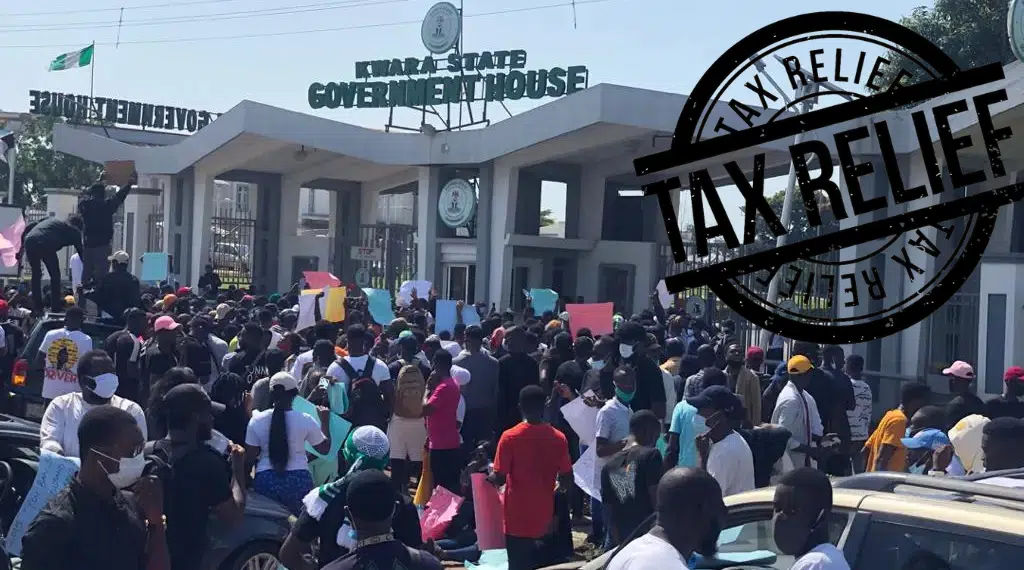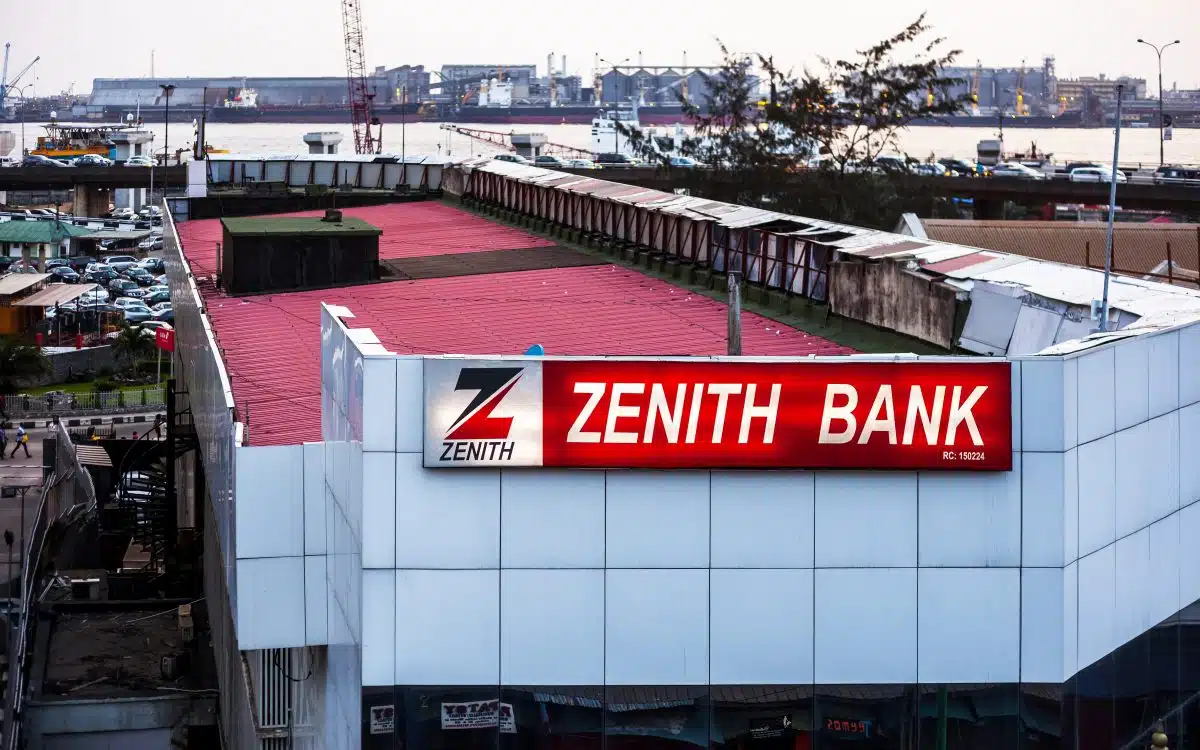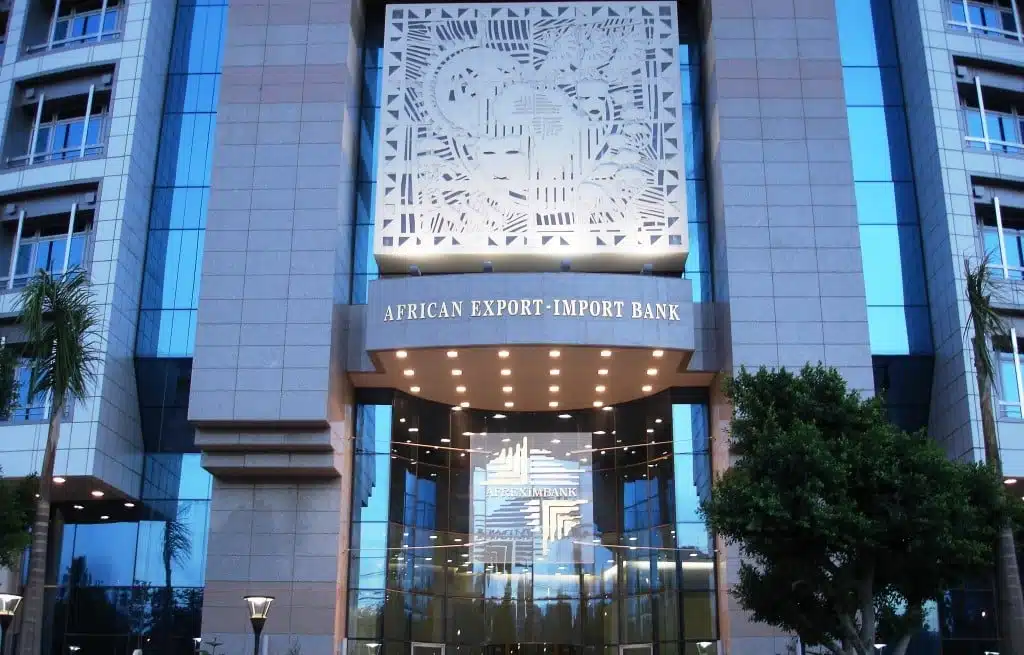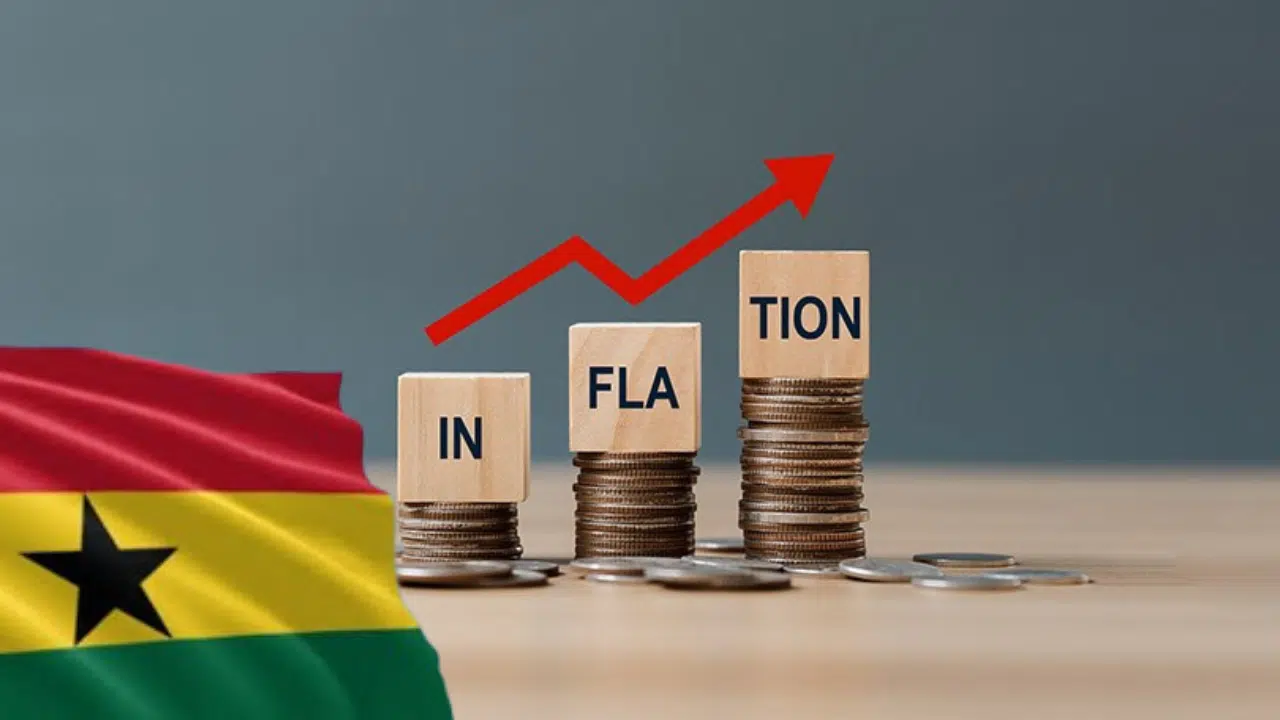The Kwara State chapter of the Nigeria Labour Congress (NLC) has called on the state government to cut taxes for public workers by 50% and extend the tax holiday by three months.
It’s no surprise why this is the case. Nigeria’s economy is in a tight spot, with inflation eroding purchasing power and basic goods and services becoming increasingly unaffordable.
This has subjected many workers to financial difficulties due to rising costs of living. With food, transport, and housing costs putting a strain on workers’ finances, despite having a regular income, many are struggling to support their families, and some are even going into debt.
Also currently, Kwara ranks 22nd out of Nigeria’s 36 states in terms of economic performance, with a GDP per capita of $1,104. The state’s inflation rate in February 2024 was 35.50%, and food inflation was at 43.05%, reflecting the rising cost of living. These economic conditions are adding to the financial pressures on workers in the state.
Another issue is the state government’s failure to implement the ₦70,000 minimum wage for pensioners, despite it being approved. This has added to workers’ frustration, as they feel that, despite earlier agreements, the increase in taxes following the wage adjustment has effectively wiped out any benefits, leaving them financially strained.
As the government deliberates on the NLC’s plea, the decision will not only impact workers but also shape the business environment and public trust in governance. The stakes are high for all involved.
If the government heeds the NLC’s plea, public revenue may dip, prompting a possible shift in tax focus to businesses. This could result in higher corporate taxes or levies to bridge the shortfall, increasing operational costs for companies.
Alternatively, businesses could benefit indirectly if workers have more disposable income to spend, driving consumer demand in sectors like retail and services.
At a national level, other states might follow Kwara’s lead, sparking debates on tax reform and its impact on economic stability. While worker relief is crucial, the challenge will be ensuring businesses don’t bear the brunt of revenue adjustments.
The appeal although directly addressed towards worker welfare, has broader implications for businesses in Kwara and Nigeria at large.






